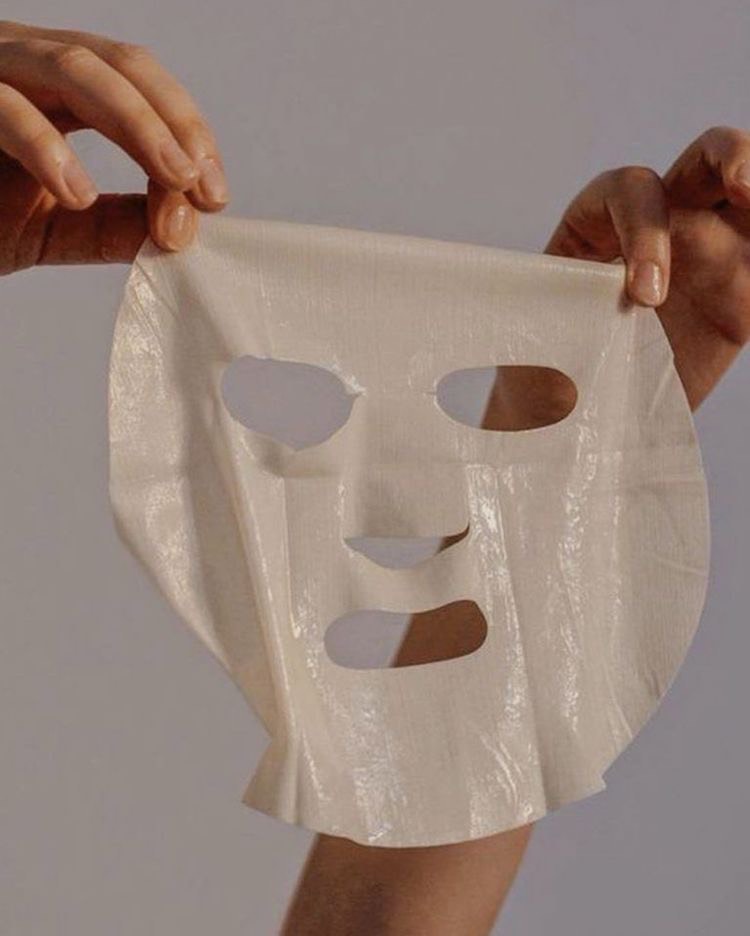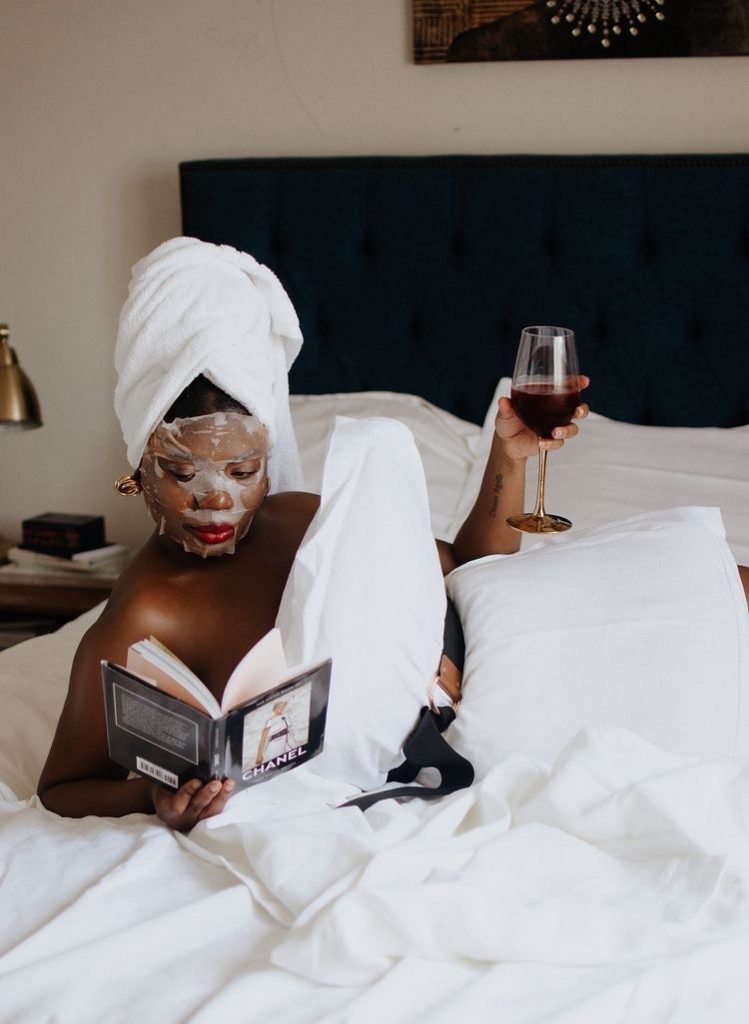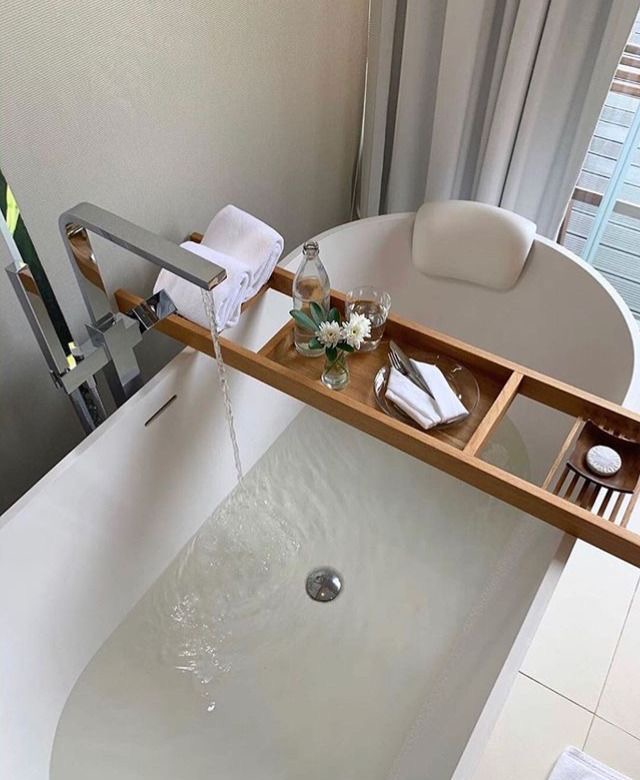
Contrary to what social media may have us believe, self-care isn’t always perfectly coated face masks and Instagram-worthy bubble baths.
Although a pamper session is always encouraged, that’s only surface deep. True self-care is about going beyond your skin and into the different layers that up who you are. When we fail to do so, it can leave us feeling drained and frustrated.
The problem with the romanticisation of self-care

Does this mean you should dump shopping sprees and dinner dates? Of course not!
However, the issue is when pedicures and Prosecco is the only form of self-care practiced. It can lead you down a dark hole of over-consumerism and reward you with burnout and frustration.
The point of self-care is putting systems into place that keep your cup full when you run empty from time to time. Self-care can be daunting, requiring you to make difficult decisions and tread into corners of yourself that aren’t the prettiest to face.
Growth and comfort zones don’t co-exist.
What is it, then?

It doesn’t have to be this grand thing where you go on an 8-week retreat each year and evaluate your life. We mentioned putting practices into place and this will look different for everybody. An example could be journaling, having a 30 minute bubble bath, or setting boundaries with toxic people.
Additionally, self-care is keeping your word to yourself before anyone else. It’s skipping instant gratification for long-term gain. It’s not “every little money na enjoyment” when you know you need to save up. It’s about making those tough decisions that aren’t fun right now but are in your best interest.

“Self-care isn’t always doing what you enjoy but doing what needs to be done so that you can become a better you. Prioritising yourself and doing what’s best for you.”
@wewhothrive on TikTok
Lobster towers and champagne showers are one aspect of self-care. And introspection is another.
The goal isn’t to discourage you from enjoying and splurging, but rather encourage you to scratch the surface and go deeper into yourself.




One Reply to “The Romanticisation Of Self-Care”